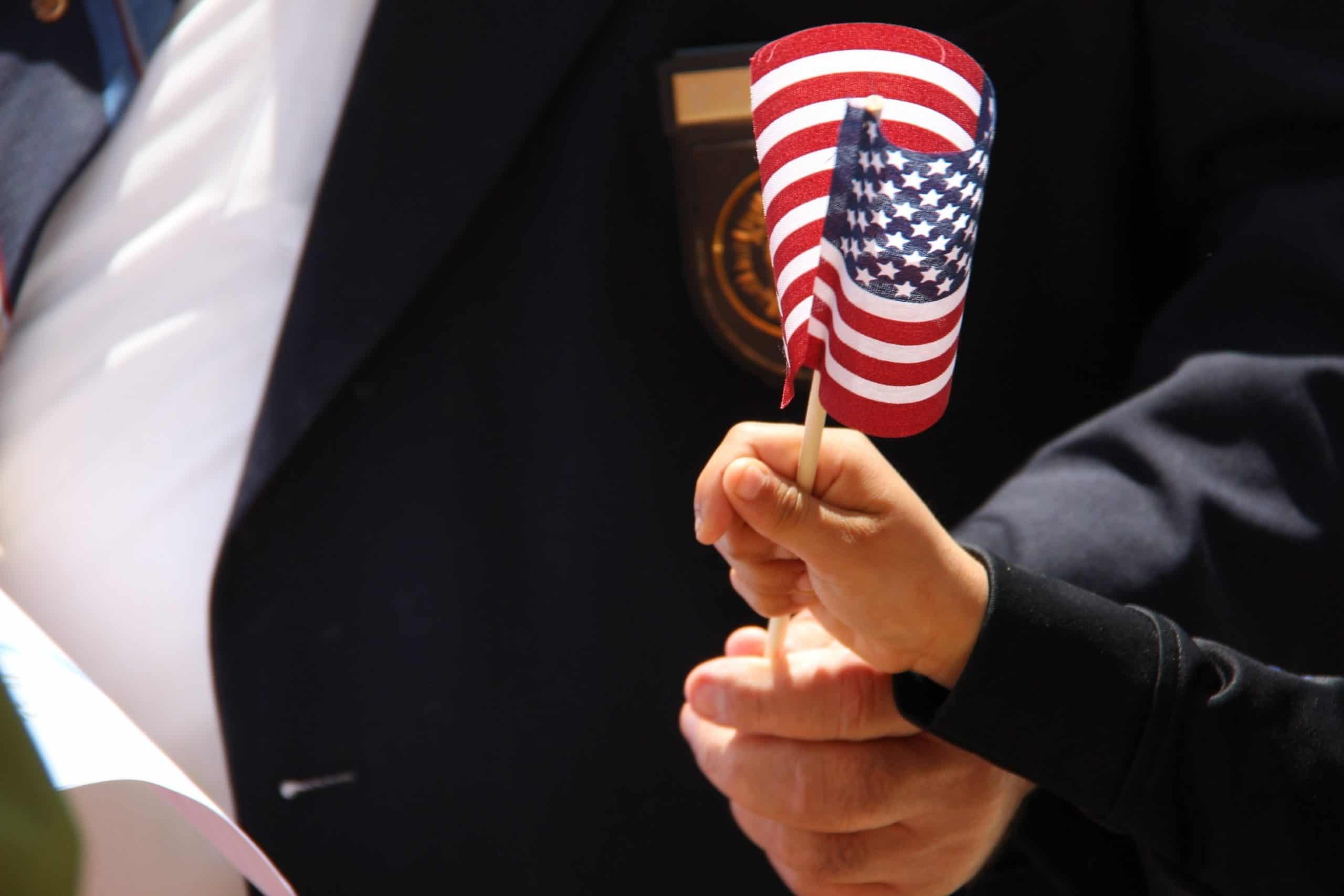
Recognizing a Veteran’s Grief
This year, Veterans Day is on Friday, November 11. We care for many veterans with our hospice care in Santa Clara and elsewhere, and want to take this time to recognize their service while also acknowledging the grief they carry as a result of that service. The sacrifices made by veterans should be recognized on this day and every day, as they are treated with the dignity, compassion, and respect they deserve.
This day of somber reflection and commemoration may mark a day off work or school, but to veterans, it’s much more than that. They come together to celebrate with their friends and family as well as their brothers and sisters in the military. It’s a time of reflection, but also a time that comes with a lot of grief over what they experienced and who they lost. Grief is a normal reaction to loss — something all of us will go through at some point in our lives. But for veterans, this grief can be pervasive and last for years, decades even, especially when coupled with conditions like PTSD.
How Grief Affects Veterans
Military service affects veterans in many ways. Some of the hallmarks of veteran grief include:
- Failure to recognize emotions: Soldiers have been taught from day one to handle any and all situations while living in constant survival mode. As such, they learn how to disconnect from their emotions, says Veterans Affairs. While good on the battlefield, this survival mode can lead to problems upon returning home. Then, when they are faced with a loss here, they have a tough time recognizing those emotions and dealing with them. It may be necessary to learn skills opposite from what was learned in the military.
- Physical symptoms: When someone holds stress inside for a long period of time, health problems can crop up, such as a weakened immune system and chronic inflammation.
- Hidden sorrow: This is a type of grief that happens when you can’t openly talk about death, properly mourn, or seek out support. This may occur when other people aren’t aware of a connection to someone you cared about who died, or if the death of a friend could widely be viewed as a stigma, such as a criminal act or suicide. It can also happen when the circumstances surrounding the death are too horrible to face, such as battlefield trauma. And finally, hidden sorrow can happen when multiple losses occur in a short period of time, such as during wartime, which doesn’t allow much time for processing.
- Soul injury: Upon return to civilian life, veterans experience pain over the death of other soldiers that they may have caused, either regarding civilians or enemy soldiers. Unforgiven guilt and unmourned grief are called “soul injury.” This causes the veteran to feel like there’s something wrong with them, or that they are unworthy or inadequate.
Research has been done that reveals the true impact on veterans and grief. According to Anxiety.org, one study found that Vietnam combat veterans displayed higher grief symptoms than civilians who recently lost a spouse. In addition, veterans who lost a close friend in combat reported worse grief and PTSD symptoms than veterans who did not lose a friend while in combat.
Here at Pathways, we know the importance of celebrating the service and sacrifice of the veterans under our care. This is why we put social workers in charge of connecting them with valuable community resources while partnering with local VA facilities to offer care for this particular segment of the population. Each Veterans Day, we honor our veteran patients with a pinning ceremony to say thank you for their service to both our fellow citizens and our great country. They receive an Appreciation certificate and pin with a “PROUDLY SERVED” inscription.
We remain sensitive to veterans’ needs who very frequently suffer in silence with unresolved grief as they face unique challenges such as long-term traumatic injuries and PTSD symptoms. We keep track of their service branch, length of service, age, rank, and combat status. We do our best to continually reach out to our veterans, who, because they were taught for many years to be “tough” and not let their emotions show so that they know someone is here who cares and wants to hear their story.
Contact Pathways Home Health and Hospice
Want to know how Pathways cares for veterans as part of our hospice care program? Looking for more info on our We Honor Veterans team? Please contact us at 888-978-1306. As a We Honor Veterans hospice partner, we are cognizant of the fact that veterans in our charge very bravely fought for our country. Our hospice veterans are still going through the biggest fight of their life, and it’s our job to ensure every moment counts. As such, we set them up with top-notch home health care, palliative care, and hospice care.

